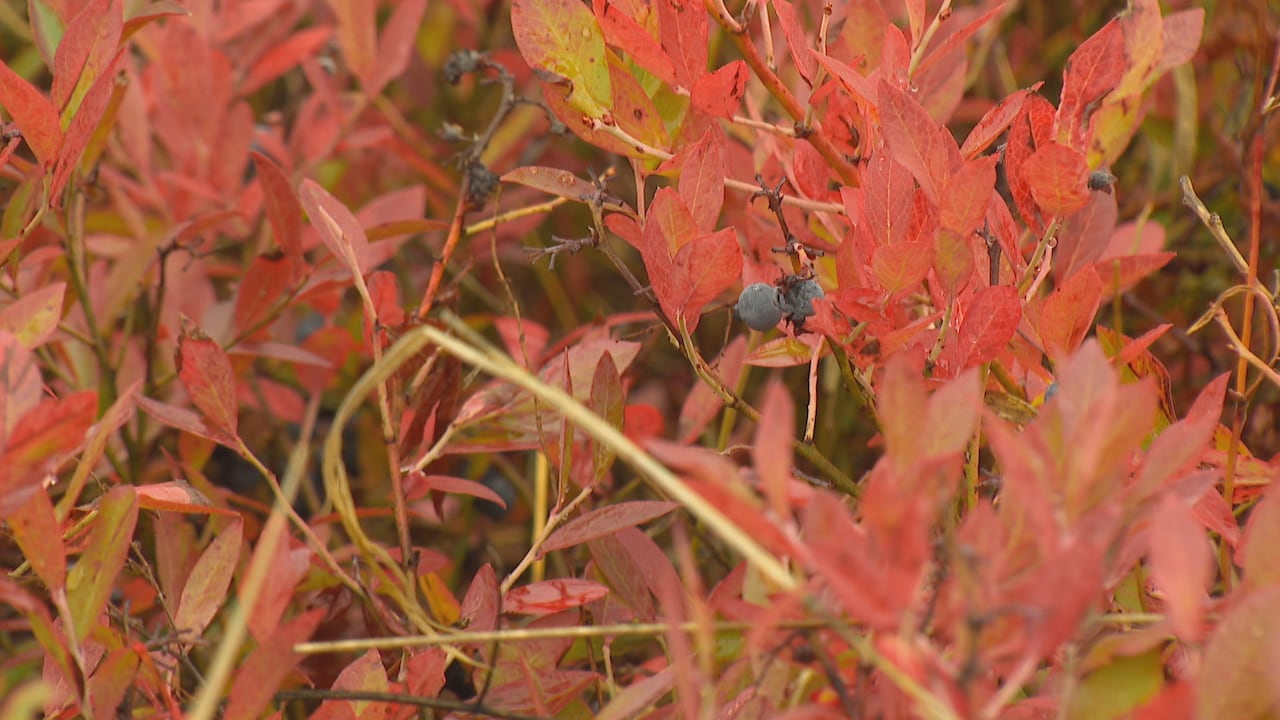A professor from Acadia University is receiving calls about the drought in Nova Scotia.
Ian Spooner says he recently heard from a homeowner in the Annapolis Valley who said their well had run dry for the first time.
“They’re having to bring in bottled water,” Spooner said. “And their question was, will this ever recover?”
That homeowner is not alone. Farmers are harvesting withered crops, municipalities are mandating water conservation, and many people are dealing with dry wells.
Parts of Nova Scotia and New Brunswick are experiencing what is called exceptional drought — the most extreme category on the national scale.
According to the latest data from the Canadian Drought Monitor, which includes information as of Sept. 30, southwest Nova Scotia and southeast New Brunswick are experiencing a one-in-50-year drought.
“We don’t usually look at one-in-50-year events, or the exceptional drought category, very lightly,” said Trevor Hadwen, a specialist with Agriculture and Agri-Food Canada, adding that the last time similar conditions were observed in Nova Scotia was in the 1960s.
Analysis from the monitor shows that several towns in Nova Scotia experienced their driest three-month periods on record. Among these, Amherst, Greenwood and Truro recorded their driest three-month periods on record, while Halifax had its third-driest three-month period.
The province received less than 40 per cent of its normal precipitation, with the largest rainfall deficits along the Bay of Fundy and the western half of the province.
Spooner says he has never seen anything like it.
“What’s exceptional about it is not only the lack of precipitation, but the incredibly long periods of time between any rain whatsoever,” he said.
Food supply chain under stress
The monitor’s analysis also reports that all of the Atlantic region’s agricultural landscape was classified as abnormally dry, or worse.
“Overall, agricultural, ecological, and water supply systems remain under severe stress,” it states. “Widespread agriculture and hydrological impacts were reported, including stressed crops and significantly reduced yields for apples, corn, silage, beans, carrots, and blueberries, pumpkins and potatoes.”
Hadwen says consequences can be long term after this much drought, as plant roots are too stressed and may not be able to grow to their full size.
“We need moisture in the ground before freeze-up to benefit those plants, to regenerate those root systems, to add to our water supplies,” he said. “And then, we’ll need significant moisture in the spring to help with the recovery as well.”
It isn’t only affecting human food.
Alicia King, president of the Nova Scotia Federation of Agriculture, says some farmers may not have enough food for their livestock as grasslands wither.
“We’ve personally been feeding livestock since July and that’s feed that we would be storing for winter use,” she said.

‘I don’t think being scared helps’
While the situation is bleak, Spooner says he is always trying to reassure people who call him with questions about the drought.
He says before people rush to drill new wells, they need to research the hydrology of their land, and try to remain informed.
“I don’t think being scared helps at all. But I think being proactive and thinking about these kinds of situations, and how we can be a little bit more … prepared for an occurrence like this, that might be something that we start thinking of,” he said.
MORE TOP STORIES






